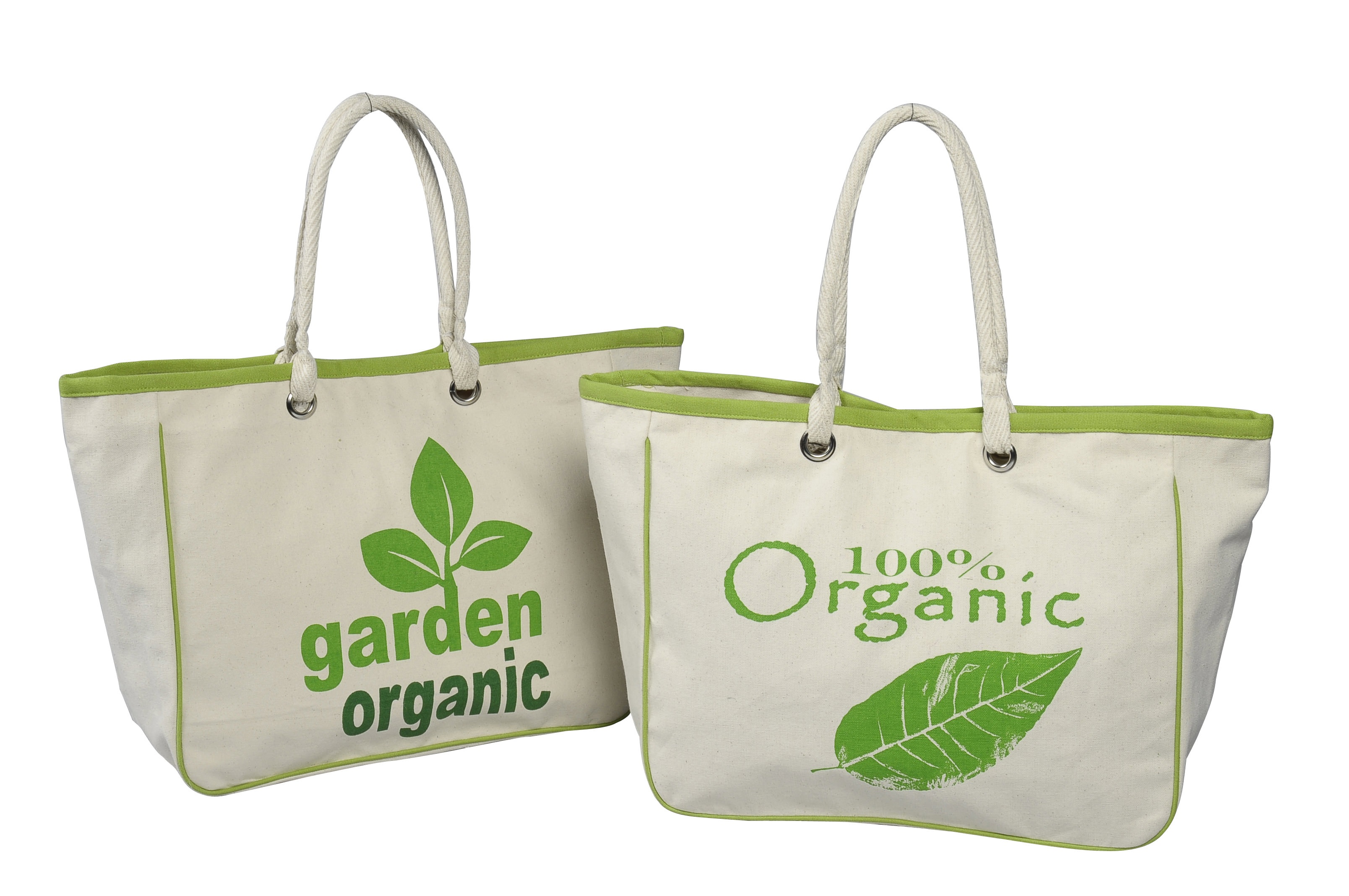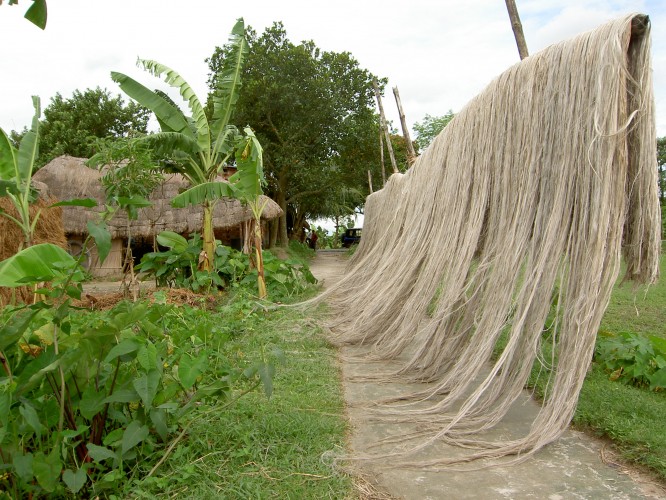The Truths Behind Organic Cotton

Lets take a poll : How often do you consciously look for organic products?
Organic cotton refers to cotton that is grown without the use of synthetic pesticides, fertilizers, or genetically modified organisms (GMOs) and relies on natural processes and practices such as crop rotation, composting, and biological pest control to maintain soil fertility and manage pests.
Here are some key aspects of #organic cotton:
1. No Synthetic Chemicals: Farmers rely on natural methods to control pests and maintain soil fertility. Without synthetic chemicals to accelerate growth and control pests more effectively, the yield is less which makes it more expensive.
2. Non-GMO: Organic cotton is grown from non-genetically modified cotton seeds. This ensures that the cotton plants are not genetically engineered to be resistant to pests or herbicides.
3. Environmental Benefits: Organic cotton farming practices promote biodiversity, reduce water consumption, and minimize soil erosion. By avoiding synthetic chemicals, #organiccotton farming also helps to protect ecosystems and reduce environmental pollution.
4. Health Benefits: Organic cotton is often considered safer for farmers, workers, and consumers because it does not involve exposure to harmful synthetic chemicals. This can help to reduce health risks associated with pesticide exposure.
5. Certification: Organic cotton is typically certified by independent organizations that verify that the cotton has been grown according to organic standards. Some common organic cotton certifications include the Global Organic Textile Standard (#GOTS) and the Organic Content Standard (OCS). At the same time, these certifications can be a big hurdle for small farmers who may not have access to the necessary paperwork or cannot afford it. Inadvertently, this may lead to some discrimination and harm the very people we seek to protect.
6. Water Intensive: The focus on making the produce organic does not not eliminate the fact that #cottonfarming is very water intensive. Hence, while it may still be better than normal cotton farming, it may be worthwhile to consider alternative crops such as #jute to fill the same requirements where possible.
7. Supply Chain Transparency : To ensure end-to-end integrity of organic yield, the supply chain needs to be tight and reliable so that there is no contamination at any stage with non-organic produce.
8. Labour Issues : The end product should have a holistic certification of not only organic raw materials but also address social issues like fair wages, child labour and decent working conditions to be truly environmentally friendly.
Organic cotton offers a more sustainable alternative to conventional cotton farming practices as long as we ensure that the complete production process is ethical, socially and environmentally responsible from farm to consumer.


